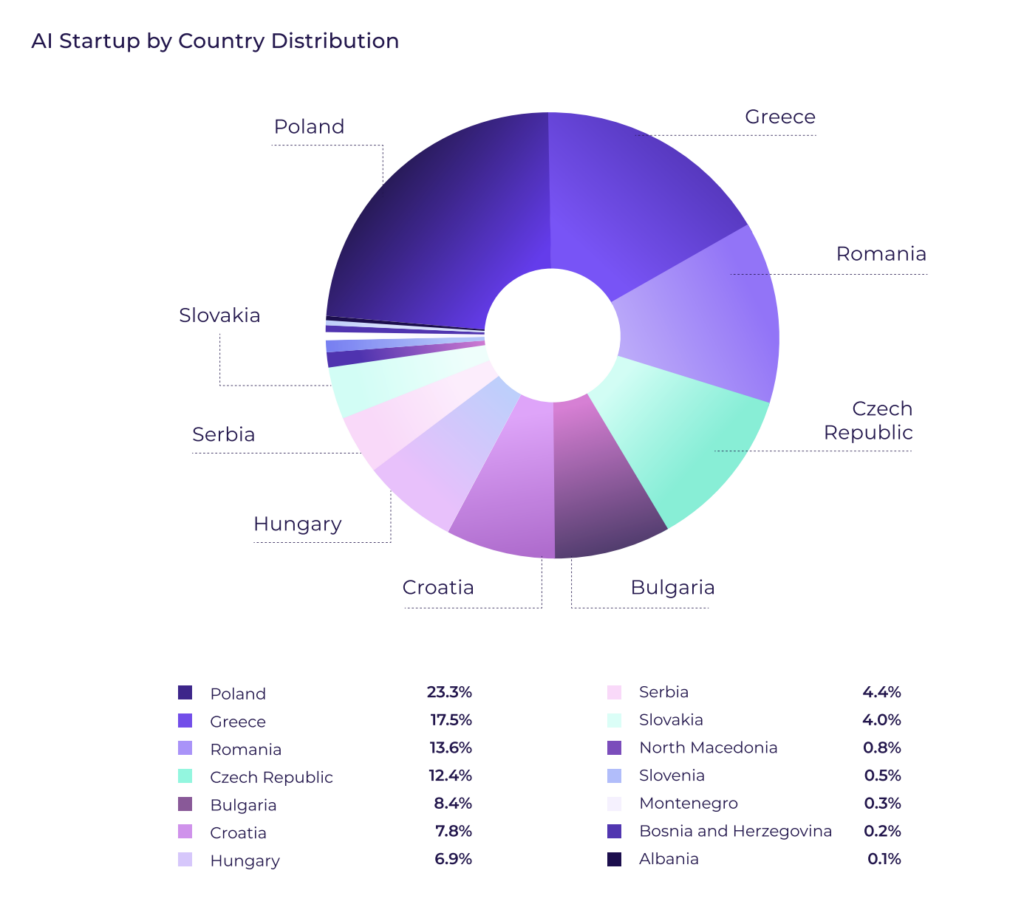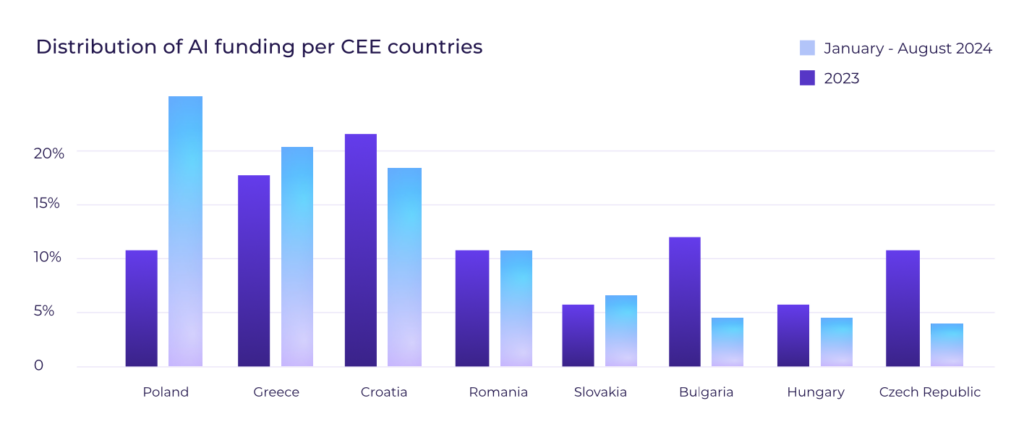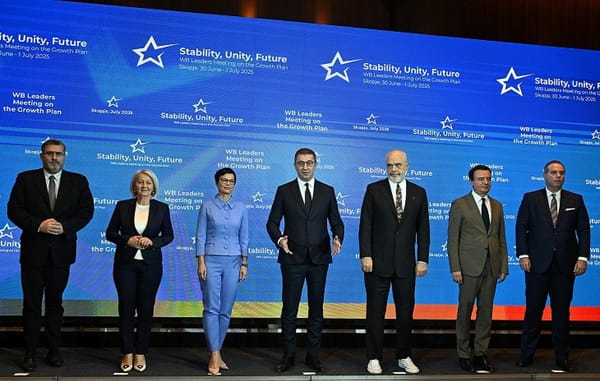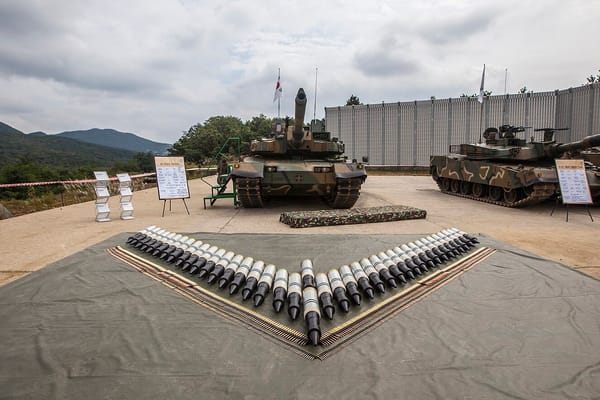
CEE secures EUR 1.4bn in AI funding in 2023-24
Central and Eastern Europe (CEE) is a rising force in artificial intelligence (AI) and startups in the region raised EUR 1.4bn in funding between 2023 and 2024, The Recursive writes in its second report entitled “The State of AI in CEE 2024”.
Despite a less-than-perfect global funding environment, geopolitical instability, and economic pressures, CEE countries are leveraging their talent pools and strategic positioning to lead innovation in key sectors such as healthcare, manufacturing, and finance, The Recursive adds.
Poland and Croatia have emerged as standout players in the region’s AI ecosystem. Poland leads in funding, with startups raising EUR 171mn in 2024, buoyed by successful ventures such as ElevenLabs, which has attracted global attention. Croatia also recorded significant investment, particularly the EUR 100mn raised by AI unicorn Verne, which specialises in logistics optimisation.

Regional strengths, affordability, among key drivers of AI growth
The rise of AI in CEE is fuelled by regional strengths in machine learning, robotics, and natural language processing. Many startups are deeply integrated into global supply chains and benefit from strong educational foundations in STEM fields, particularly in Poland, Czechia, and Romania. The region’s affordability compared to Western Europe and its EU membership, which facilitates cross-border collaboration, have further solidified its attractiveness to investors.
CEE offers a unique combination of advanced technical expertise and cost-efficiency, according to one industry analyst, who added that these factors position the region as a competitive hub for AI innovation, especially for healthtech and fintech applications.
The introduction of the EU AI Act in mid-2024 has also added impetus to AI development. By setting clear regulatory and ethical frameworks, the legislation has provided greater confidence to investors, while incentivising businesses to align with European standards.
Challenges include labour shortages, tech giants
Despite the strong momentum, significant challenges hinder CEE’s AI growth. Underdeveloped capital markets remain a major bottleneck, particularly for scaling companies. Labour shortages, particularly in specialised AI roles, are putting pressure on startups to retain talent, often competing with tech giants who offer higher wages and better benefits.
The funding environment has also normalised following the record-breaking years of 2021 and 2022. Investors have shifted focus from rapid growth to long-term profitability, prioritising startups with clear business models and sustainable growth trajectories.
CEE startups are now competing in a more mature and scrutinised market, a venture capitalist told The Recursive, adding that this presents both opportunities and challenges, as only the most adaptable companies will thrive.
Manufacturing, health most active for AI adoption
Health care and manufacturing have emerged as the most active sectors for AI adoption in the region. In healthcare, startups are utilising AI to improve diagnostics, streamline patient management, and drive pharmaceutical innovation. In manufacturing, robotics and AI are optimising production lines and enhancing supply chain resilience.
Looking ahead, CEE governments are ramping up initiatives to support the sector. Romania, for instance, recently announced a EUR 50mn AI-focused fund, while Croatia and Slovakia are investing in AI education to address the labour shortfall. The European Commission has also signalled its commitment to supporting AI through additional funding under its Horizon Europe programme.

Success depends on addressing systemic challenges
As CEE continues to attract investment and develop its AI ecosystems, the region’s potential to become a global leader in AI-driven innovation is becoming clearer. However, success will depend on overcoming systemic challenges, particularly in funding and talent acquisition.
For now, the rise of AI in CEE serves as a powerful example of how strategic focus and investment can transform challenges into opportunities, driving economic growth and technological progress.
The Recursive analysed over 1,350 CEE startups, companies, investors and ecosystem builders, surveyed 150 companies, and conducted 40 interviews for The State of AI in CEE 2024, which can be viewed here.





